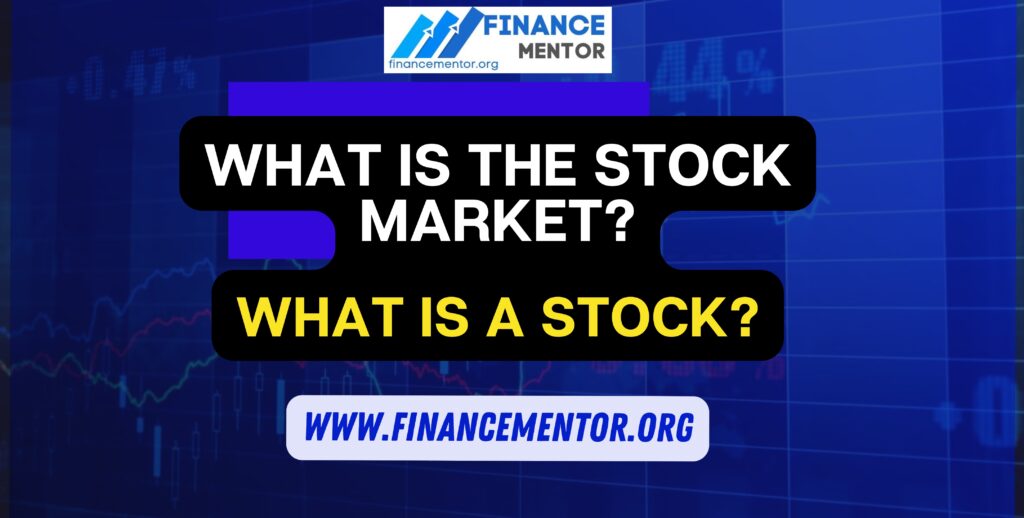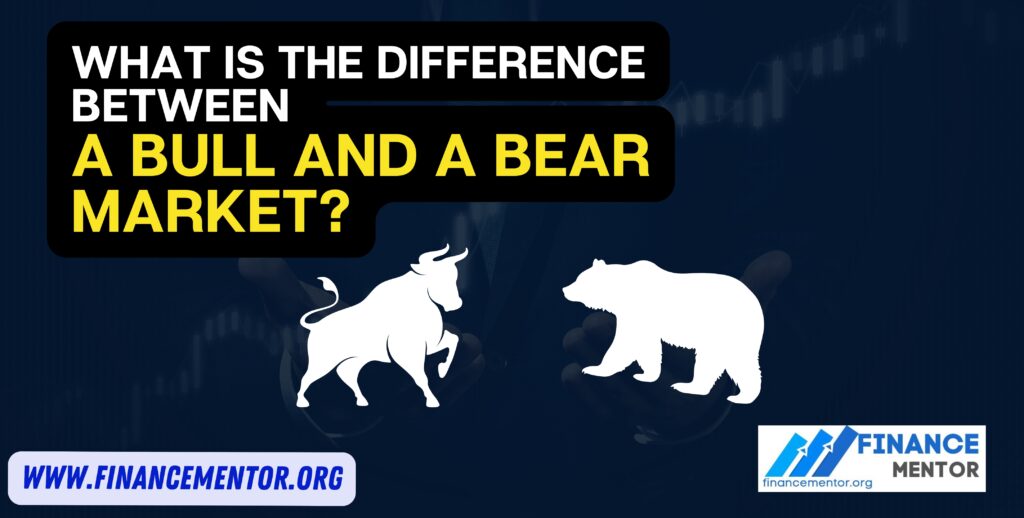How to invest wisely
Investment
There are two types of people in the world: those who have financial freedom and those who don’t. People with financial freedom can buy anything they want without much sacrifice. They don’t worry about money and focus only on choosing quality. However, others have to think twice about the cost, and sometimes they can’t afford it, limiting their ability to fully enjoy life.
So how does this happen—financial freedom versus lack of it? It’s because of investment. Good investments grow your money more rapidly. It’s important to understand the difference between investment and savings.
In this section, I will explain the various investment methods available, outlining the risks and benefits of each, and providing step-by-step guidance on how to follow the right processes. Additionally, I will highlight common pitfalls to avoid to ensure long-term financial success.

What is the Stock Market?
What is the Stock Market? As you all know, there are four types of businesses: sole ownership businesses, partnership businesses, private limited companies, and public limited companies. The stock market is a marketplace where shares of public limited companies are bought and sold. It serves as a platform for investors to trade ownership stakes (or equity) in companies in the form of stocks. Companies list their stocks on a stock exchange, allowing investors to purchase shares and potentially share in the company’s profits through dividends or capital gains if the stock price rises. The stock market is also owned by private limited companies and is usually regulated by government regulations. Most countries in the world have one or more stock markets. What is a Stock? A stock, also known as a share or equity, represents ownership in a company. When you buy a stock, you are essentially purchasing a small

What is the difference between a BULL and a BEAR market?
The terms “bull market” and “bear market” describe the general direction of the stock market or a particular financial market. What is Bull Market? A bull market refers to a period when stock prices are rising or are expected to rise. It typically occurs when the economy is strong or improving, and investor confidence is high. In a bull market, investors are optimistic, which leads to increased buying activity, further driving up stock prices. Bull markets can last for months or even years. The terms “bull” are believed to have originated from the way bulll attacks its opponents, symbolizing the market movements: A bull attacks by thrusting its horns upward, which is analogous to rising prices in the stock market. Thus, a bull market signifies increasing stock prices and positive investor sentiment. What is Bear Market ? A bear market refers to a period when stock prices are falling or

How to Invest in the Stock Market
Let’s dive into how to find opportunities in the stock market. It’s essential to know the strategies that lead to profitable investments. ” How to Invest in the Stock Market” Feel free to leave a comment below if you have questions. How to Invest in the Stock Market – A Real-Life Example To understand how the stock market works, let’s look at some real-life examples. In 2020, when the world went into lockdown due to the pandemic, stock markets around the globe crashed. Even the U.S. stock market experienced significant volatility. During that time, someone approached me asking how to identify opportunities and the steps to take for success. I suggested one company whose shares were priced at just four dollars. At that time, he bought 1 million shares during the economic downturn. Fast forward, a short time later, the stock price surged to 400 dollars. and the total value
In Rich Dad Poor Dad by Robert Kiyosaki, the core opinion about investment emphasizes the importance of building wealth through smart investments rather than solely relying on traditional income sources like a job. The book contrasts the financial mindsets of Kiyosaki’s “rich dad” (his friend’s father) and “poor dad” (his biological father).
“Rich dad” believes in the power of investing in assets—such as real estate, stocks, and businesses—that generate passive income. He advocates for taking calculated risks and continuously growing financial knowledge to create wealth. In contrast, “poor dad” focuses on job security, saving money, and avoiding risk, which limits wealth-building potential.
The key message is that financial freedom comes from understanding how money works, investing wisely, and creating assets that make money work for you, rather than solely working for money.
You can get this book from here – VISIT

